Text
How to Really Comprehend a Scientific Paper
**credit to my research advisor, she’s an amazing mentor and I aspire to be just like her someday :)
Read the abstract. Write down what the paper says it is going to be about.
Read the introduction. Write down what the paper says it is looking to accomplish and how.
Read the conclusion. Write down what the paper actually did accomplish.
Go through and find all the pictures, graphs, or diagrams. Write notes explaining these images to yourself.
Read the whole paper start to finish. Write a summary of the paper as though you are explaining it to a layperson, and then another summary as though you are explaining it to a colleague.
Throughout all of the above steps:
If there are words you don’t know google them and write down the definitions
If the paper defines a formula, law, variable, etc in a certain way write that down
If there are references to or recommendations of other literature write those down. After the last step if there’s anything you’re uncertain about or would like more information on look to that list for further reading
12K notes
·
View notes
Photo
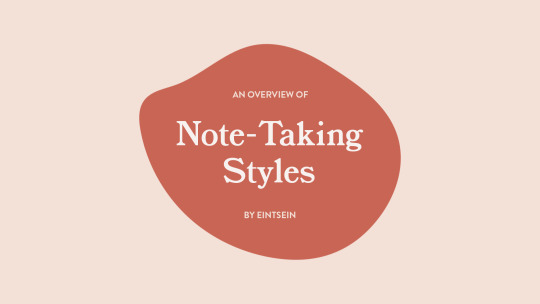

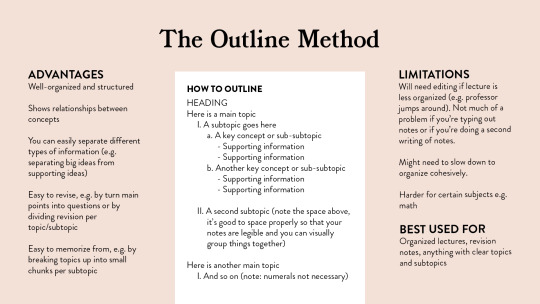
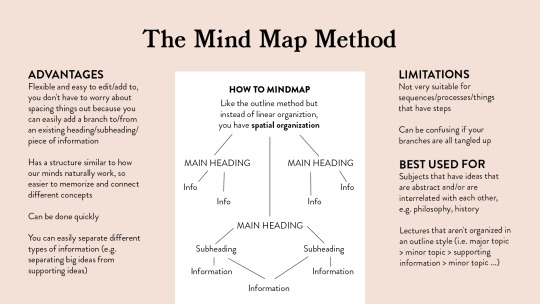

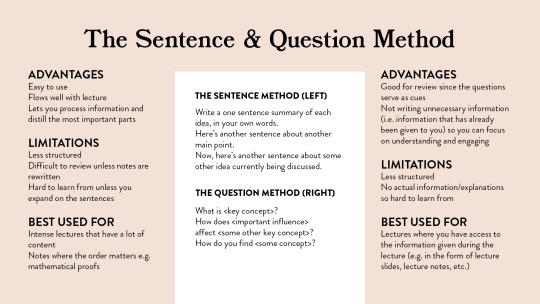
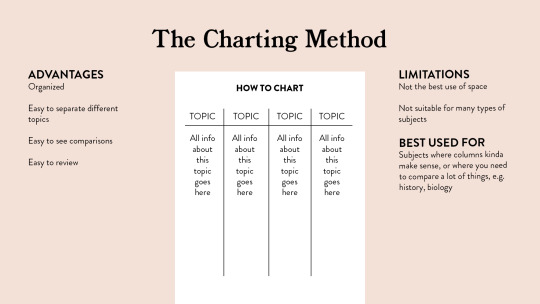


An Overview of Note-Taking Styles
Note-taking is one of the most essential skills a student should master. It allows you to record and review information to be used in the future. But what’s the best way to do so? Here’s an overview of note-taking styles that can help you maximize your learning!
56K notes
·
View notes
Text
Week 1 (24.02-01.03)
So I managed to make it through three days of actual studying according to my schedule and then weekend happened, I went home and spend time with ma family, so no more reading was done
BUT!
I feel soooo much more motivated to study and read now that I’m doing it at my own pace and about things that actually interest me (brains, pharmacology and infectious diseases). I’ll have to squeeze some surgery somewhere in there though, and it’s gonna be tough, becouse not only does it not excite or interest me, but also the proffessors are mostly mean and dislike us students and I know that the final exam is gonna be hard to pass and rather random. But oh well, what’s new in med school.
0 notes
Photo
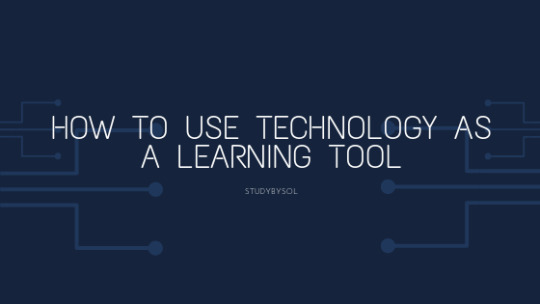
How to use technology as a learning tool
With technology at your fingerprints, the learning possibilities are endless. Today, there are countless apps, websites and programs that can help you gain new skills and do well in school. However, it is sometimes hard to find the best resources for you.
Using technology as a learning tool is a great way to add to your CV, resume, or college application. Whether it be notetaking, revising or learning a random skill, below I outline some of the best ways to leverage the power of technology for your educational benefit:
Record your classes with Audipo
How many times have you sat in a lecture and absorbed absolutely nothing? Rather than having to borrow notes from your friend — who was probably also half-asleep — Audipo makes it easy to playback recorded classes.
All you have to do is record the audio from your class and upload it onto the app. Audipo allows you to change the speed of the recording, rewind and skip forward with ease. It even remembers where you left off, which is useful if you don’t have the time to sit through an entire recording at once.
Learn a language using Duolingo
Who doesn’t love the cheery, albeit somewhat threatening, Duolingo owl? Unless you’ve been living under a rock, it is likely that you have heard of this ever-popular language learning app (or at least seen the memes).
Duolingo gives you the opportunity to learn 22 languages for free. With an engaging and interactive design as well as a lesson plan for every level, Duolingo offers a personalised learning experience with immediate grading and motivating rewards.
Knowing multiple languages is a great skill to have, so if you have some free time I definitely recommend this one.
Take beautiful digital notes with Evernote
If you’re the type of person that prefers digital notes over paper, Evernote is for you. Digital notes have the advantage of being accessible everywhere, easy to read and eco-friendly. Available on mobile and PC, Evernote is my software of choice for beautiful notes.
Learn to code with Codecademy
In our increasingly digital and technology-driven world, coding is an in-demand skill. Codecademy offers free classes in 12 different programming languages including Python, Java, JavaScript, Ruby, SQL, C++, and Sass, as well as markup languages such as HTML and CS.
With just a little time, you can learn the basics of coding and add a valuable skill to your CV. Not only will Codecademy help your employment prospects but it is fun, interactive and engaging.
Revise with Gojimo
Gojimo markets itself as ‘the UK’s most popular revision app’. But even if you’re from America, you can probably benefit from this app. Gojimo gives you access to over 40,000 practice questions for free, including 28 GCSE subjects, 20 A Level subjects, and SAT, ACT and AP preparation.
It is a simple revision app which allows you to access special quizzes, track your progress and check off topics as you learn them.
Make flashcards using Quizlet
It is widely known that flashcards are one of the most effective study methods. Testing yourself not only helps the understand of your subjects but is also useful for memorising specific facts.
Quizlet is a great app/website to make (and share!) flashcards for free. You can even search for and access flashcard sets made by other students. Quizlet offers many ways of helping you revise flashcards, from regular testing to interactive games, there is something for every type of learner.
Mind map with AYOA
Previously known as iMindMap, AYOA is a Mind Mapping software tool. Mind maps are a great way of connecting ideas and summarising content, especially for messy learners! AYOA allows you to create beautiful, aesthetic mind maps to help you revise. You can try it for free.
Make a cheat-sheet with Cheatography
Cheatography is used by students and business professionals alike. In essence, Cheatography allows you to make your own cheat sheets as well as access over 3000 for free. There are resources about almost every subject in every language, so if you’re looking for some study material it is probably worth checking out.
Learn anything with Khan Academy
Khan Academy is a non-profit educational organization providing free expert-created content and resources on a variety of topics. Whether it be Maths, English or Cosmology, Khan Academy has a myriad of resources to help get you started.
There are resources for almost every course and year level, so it is my go-to source if I need some help understanding something or just want to learn something new.
Get inspired with some TED Talks
There are expert TED talks available for free on Youtube for almost every topic. Perhaps poetry is your passion, or maybe urban planning — whatever the case there is likely to be a TED talk for you. These allow you to get an insight into the greatest minds in different industries, broadening your horizons and expanding your knowledge.
Yes, it might be sitting and watching, but learning is never a bad use of your time.
I based these recommendations on my personal experience, are there any apps/websites I missed? Any resources I should check out? Let me know!
1K notes
·
View notes
Text
Ultimate Studyblr FAQ
TAGS:
studyblr (=smartblr) - study blog
studyspo (=smartspo) - study inspiration (e.g., quotes, pictures of studying or stationery…)
appblr - university (college) applications blog
archblr - architecture studyblr
artblr - art studyblr
astroblr - astronomy studyblr
bioblr - biology studyblr
businessblr - business studyblr
chemblr - chemistry studyblr
engblr - engineering studyblr
historyblr - history studyblr
langblr - languages studyblr
lawblr - law studyblr
litblr - literature studyblr
mathblr - mathematics studyblr
medblr - medicine studyblr
musicblr - music studyblr
philoblr - philosophy studyblr
physicsblr - physics studyblr
psychblr - psychology studyblr
stemblr - science, technology, engineering, maths studyblr
APPLICATIONS/ EXTENTIONS/ WEBSITES:
(If there’s no price written next to something, that thing is for free)
- Forest android | iOS ($0.99) | Windows Phone (€0.99) | Chrome | Firefox
(FocusNow - a similar free version for iOS)

- Momentum Chrome

- Fliqlo Mac/Windows | iOS ($0.99)
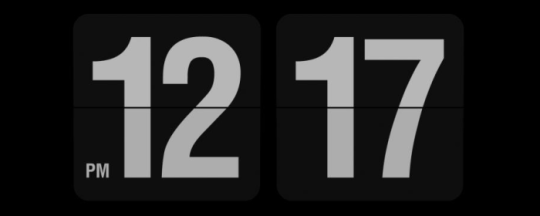
- Habitica website | android

- Duolingo website | android | iOS
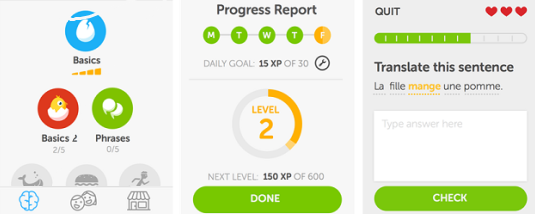
- Khan Academy website | youtube | android | iOS
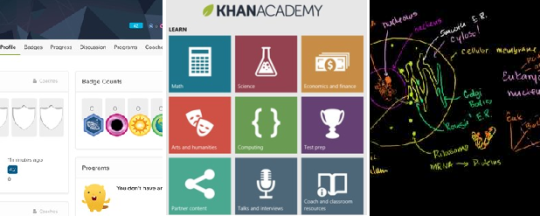
- Cold Turkey (program that blocks websites) website

- Todoist website | android | iOS | Chrome

- Quizlet website | android | iOS
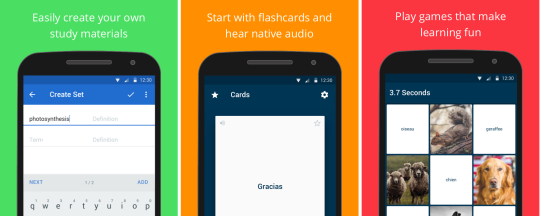
- My Study Life website | android | iOS | Windows Phone | Chrome
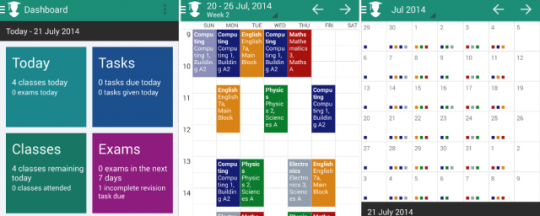
- Lanes website | chrome
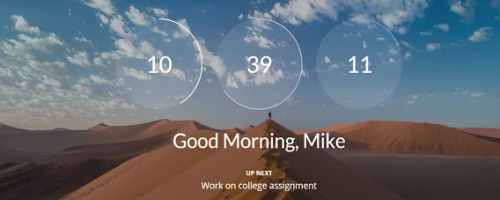
STATIONERY:
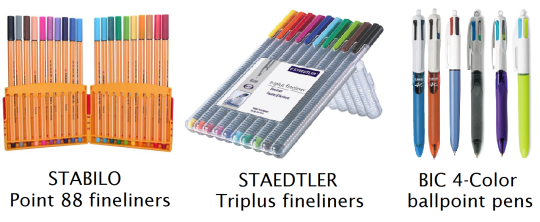
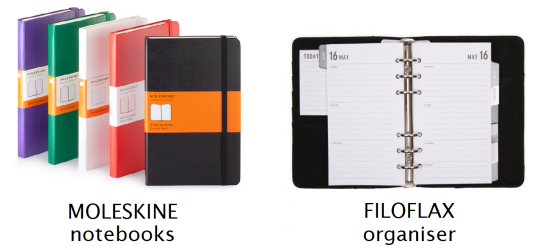
TESTS/ PROGRAMMES/ CERTIFICATES, ETC:
GSCE - General Certificate of Secondary Education is a two-year programme in a specific subject taken by school students in UK. Students start GCSEs at age 14 in year 10 and then they take the public examinations at age 16 in year 11.
A level - a qualification in a specific subject typically taken by school students aged 16–18 in UK (after GCSEs). A Levels are worked towards over two years and split into two parts, with one part studied in each year:
A1 Level or AS Level - the first part of the A level.
A2 Level - the second part of the A level.
Advanced Placement (AP) is a program in the USA and Canada, which offers college-level curricula and examinations to high school students. American colleges and universities often grant placement and course credit to students who obtain high scores on the examinations.
International Baccalaureate (IB) can refer to the international educational foundation, any of the 4 programmes it offers, or the diploma or certificates awarded at the end of the programme.
IELTS - International English Language Testing System is an international standardised test of English language proficiency for non-native English language speakers.
TOEFL - Test Of English as a Foreign Language is a standardized test to measure the English language ability of non-native speakers wishing to enroll in American universities. Though, it is accepted by many English-speaking academic and professional institutions.
ACT - American College Testing is a standardized test for high school achievement and college admissions in USA.
SAT - Scholastic Assessment Test is a standardized test widely used for college admissions in USA.
EDUCATION STAGES/ DEGREES:
Major - is the academic discipline to which an undergraduate student formally commits in USA and Canada. A student who successfully completes the courses prescribed in an academic major qualifies for an undergraduate (Bachelor’s) degree.
Double major - a student who declares two academic majors is said to have a double major.
Undergrad student - a student taking up undergraduate education.
Undergraduate education - is a level of education between secondary education and a master’s degree. When a student completes an undergraduate education they get a Bachelor’s degree.
Grad student - a student taking up graduate or postgraduate education.
Graduate education - is a level of education taken up after getting a Bachelor’s degree. When a student complete a graduate education they either get a Master’s or Doctorate degrees.
It goes something like this:

Beware, things vary from country to country and from subject to subject.
(Click here for the updated version of this post)
20K notes
·
View notes